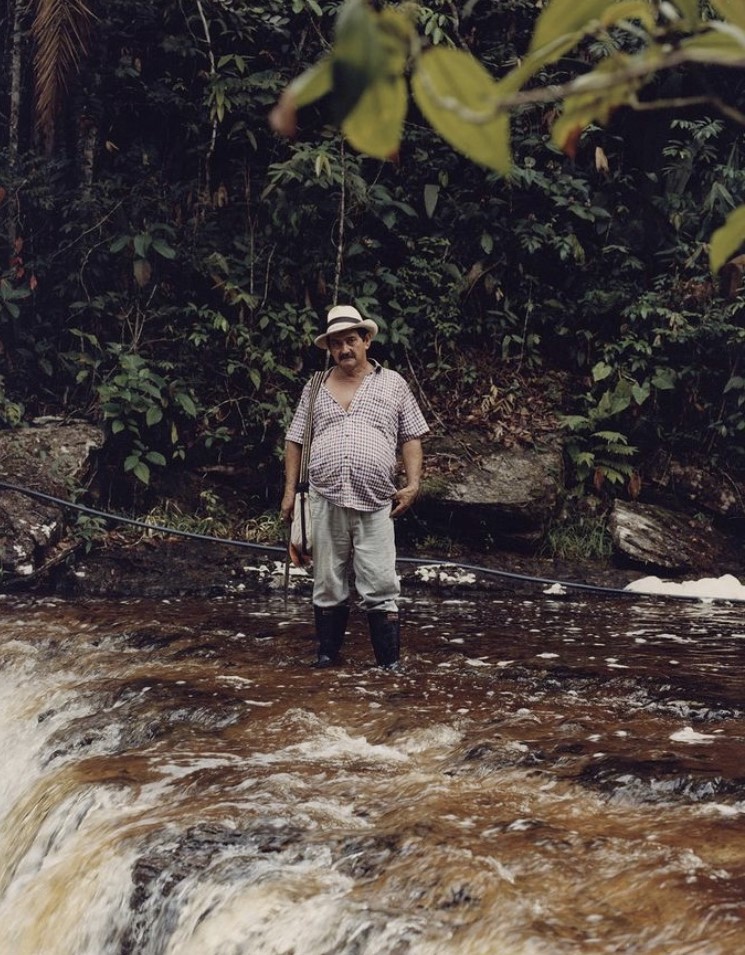
Photo Credit: © 2019 Abdelazeez Noman, PCRF (used with permission).
This article is part of the Strife Series on Women and Children’s Health in Conflict. Read the Series Introduction at this link.
Craniofacial anomalies (CFAs) are deformities that affect a child’s head and facial bones. These disorders are typically present at birth (congenital) and can range from mild to severe, with the most extreme cases threatening the life of patients and requiring immediate intervention. CFAs are considered a major cause of infant mortality and childhood morbidity. In addition, children born with CFAs often suffer from social anxieties that result from their physical appearance, which ultimately negatively affect their quality of life and psychological well-being. CFAs are complicated and, most of the time, require comprehensive and multidisciplinary care by specialized teams to provide the proper care beginning from early childhood. The emotional and psychological well-being of children with CFAs are just as important as the child’s surgical and medical care. Moreover, families of those children have to cope with the surgical procedure and their child’s speech problems, appearance, and experience of bullying.
In Gaza Strip, protracted conflict has created many obstacles to treatment and to accessing care for children with CFAs and their families. Obstacles include: limited financial resources, travel restrictions, lack of local professional expertise, dependence on outside assistance and foreign surgical missions, and an absence of professional rehabilitation centres. All of these increase the physical and social suffering of patients and their families. Additionally, the protracted conflict and deteriorating economic conditions compound the suffering, which results from obstacles to treatment, through additional detrimental effects to the children’s quality of life and psychological well-being.
Research on CFA in the occupied Palestinian territories (oPt) is scarce and the incidence of CFA in the Gaza Strip is not reported. However, consanguinity, which is a common phenomenon in the Palestinian community, was found in a study of orofacial clefts (most common form of CFA) to have a high rate among parents of children with orofacial clefts in oPt. In fact, many international organizations made efforts to create projects addressing the lack of data. This sort of database would be useful in spotting demographic trends amongst Palestinian families with birth defects and in helping to detect environmental and behavioural factors implicated in the development of conditions like CFAs.
With a poverty rate exceeding 53 per cent among Palestinians living in the Gaza Strip, limited financial resources are the biggest challenge for the families of children with CFAs to pursue treatment abroad. Children with CFAs who need surgical interventions in their treatment plan rely heavily on the foreign surgical missions to operate on them. These missions come from the United States, and Europe (often from United Kingdom, Germany, France, and Switzerland). Most missions come to show solidarity with Palestinians, and often are of Palestinian descent. These professionals occasionally travel on their own, but more frequently they participate as part of organizations doing humanitarian work in Palestine. Most of these surgeons come sporadically, whilst some others work more consistently in Gaza.
The main philanthropic organization which provides free surgical care for children with CFAs in Gaza is the US-based Palestine Children’s Relief Fund (PCRF). PCRF’s system for healthcare delivery is bifurcated, either they provide funds for CFA professionals to travel to Palestine to operate on children, or they transport children with complex surgical conditions to the United States for surgery. The foreign missions are hosted by any one of the government hospitals for an average of 5 to 8 days. During their stay, both foreign and local professionals operate together on the patients. As for the cases that require complicated surgical interventions, they join Treatment Program Abroad, where they are sent abroad to receive proper treatment. Following completion of surgery abroad and, sometimes, appropriate rehabilitation, the patients return to Palestine and are followed up with by local professionals.
When the Covid-19 pandemic emerged in early 2020, the Palestinian Ministry of Health (MoH)decided to suspend all elective surgical interventions, except for emergency surgeries, to free up personnel and resources to respond to the pandemic and treat patients with Covid-19. Moreover, the borders of the Gaza Strip have been strictly closed and, concurrently, all planned foreign surgical missions have been postponed to mitigate the risk of virus transmission. This was further complicated by political disputes between the Palestinian Authority and Israel leading to a cessation of security coordination, which is needed for obtaining security permits that allow patients to travel abroad to receive treatment. All of these events have had a serious impact on children with CFAs.
For almost one year, and still, to this day, children with CFAs in the Gaza Strip, unless in a life-threatening condition, have not been able to receive adequate, timely healthcare services. They are left with no other choice but to wait while suffering from pain and dysfunction, which prevents them from living a normal life and practicing their daily activities. This will have serious consequences on their health such as dehydration, loss of appetite, and weight loss. What’s more, these children are at great risk of growing up with psychosocial problems, because their facial deformities expose them to higher rates of social and emotional problems. This has had a damaging effect on their lives and personalities.
Treatment options and access to care for children with CFAs in conflict-afflicted settings like the Gaza Strip is severely restricted and largely dependent on foreign missions. This limitation was clearly illustrated and accentuated during the Covid-19 pandemic when foreign missions stopped coming to Gaza. This one-year lack of all types of healthcare services and access to care, has caused untold negative impacts on the lives of children with CFAs. In order to avoid these impacts, children with CFA, and patients in general, should be spared from political disputes, their care should always be the first priority.






